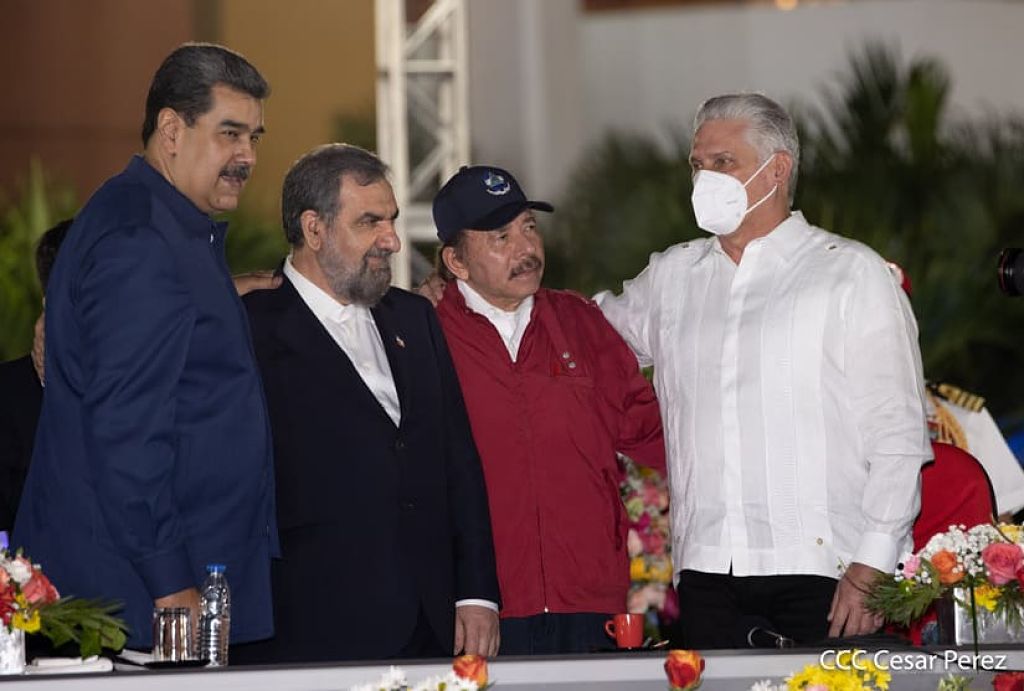Oil prices extended their upward trend on Tuesday, after the European Union agreed to a partial and gradual ban on Russian crude and China decided to lift some restrictions due to the coronavirus, added to the strong demand for the summer season in the United States and Europe.
At 11:03 GMT, the July Brent crude contract, which expires on Tuesday, added $2.11, or 1.7%, to $123.78 a barrel, after touching $124.10. its highest level since March 9. The subsequent Brent contract rose $1.57 to $119.17.
WTI oil prices in the United States were trading at 118.53 dollars a barrel, with an increase in the session of 3.46 dollars, in their fourth consecutive day of gains. The contract gained 3% from Friday’s close and hit its highest level since March 9.
The contracts for July of both referentials will end May with the sixth consecutive month of price increases.
EU leaders agreed in principle to cut 90% of Russia’s oil imports, the bloc’s toughest sanction on Moscow since the invasion of Ukraine that began three months ago.
Once fully adopted, sanctions on crude oil will be phased in over six months and on refined products over eight. The embargo exempts Russia’s pipelines as a concession to Hungary.
Since two-thirds of Russian crude exports are transported by sea, around 1.5 million barrels per day (bpd) of oil will need to be replaced by the EU,” said Tamas Varga, an analyst at PVM.
“This volume is actually closer to 2.1-2.2m bpd, as both Poland and Germany plan to phase out pipeline purchases by the end of the year,” he said.
On the supply side, OPEC+ said it will maintain a modest output increase in July of 432,000 barrels per day, six sources in the alliance of exporting nations said.

















